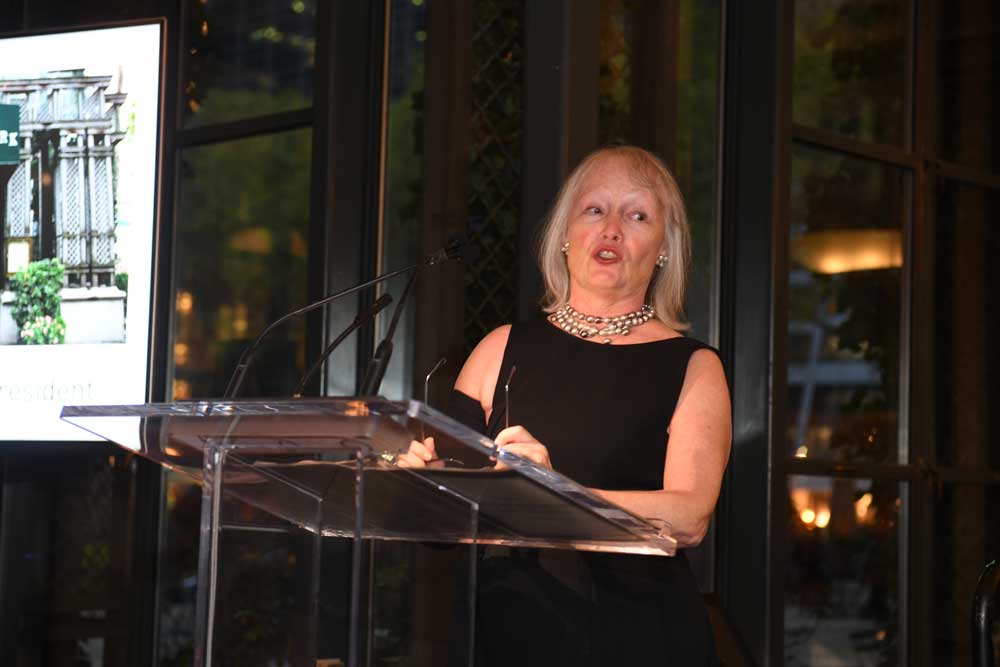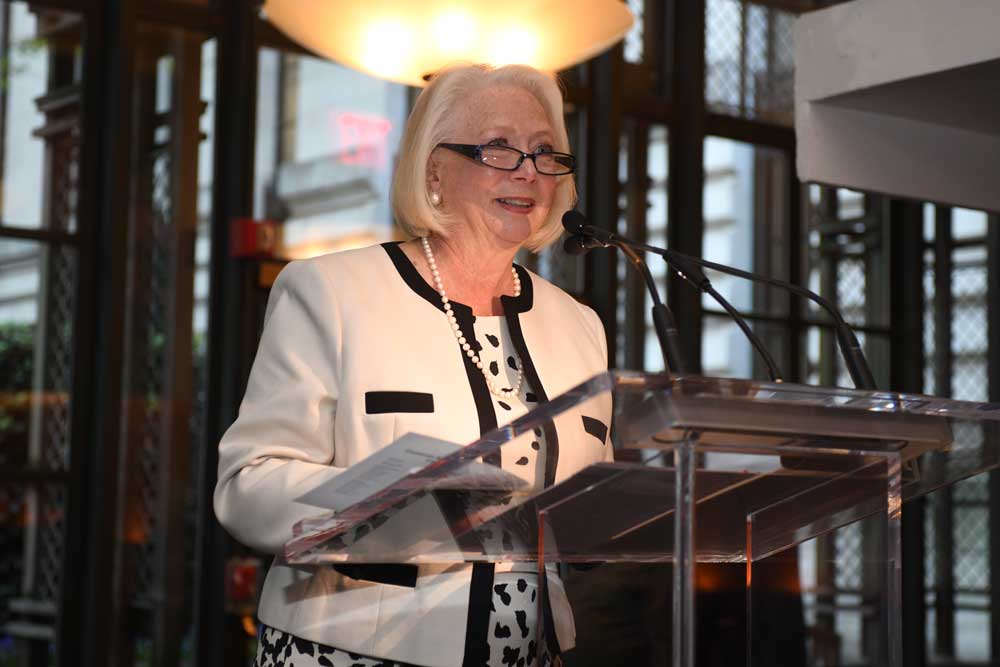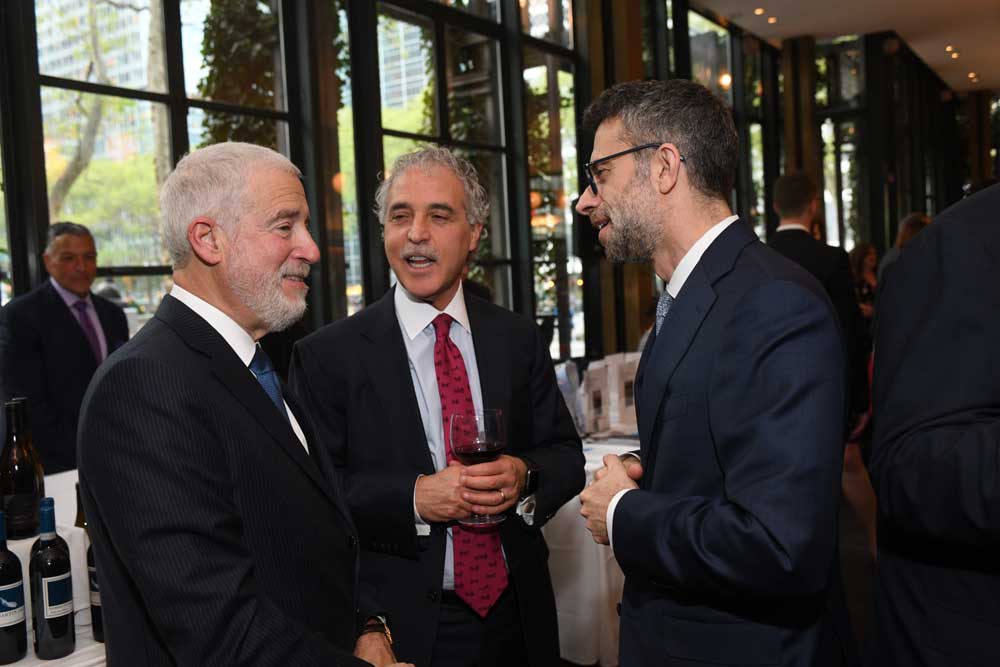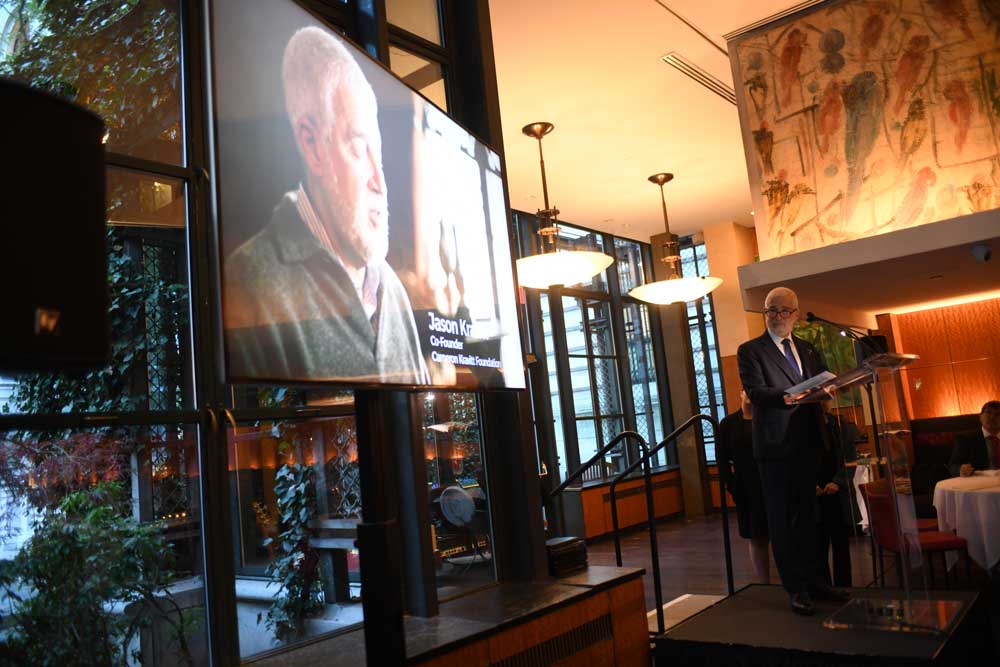The University of California San Francisco Pediatric Residency Program
The University of California San Francisco Pediatric Residency program was honored to be the first West coast site chosen for expansion of the Cameron Kravitt Foundation Death and Bereavement Seminar. Second-year residents participated in the first seminar in April 2017, along with faculty and staff from Hematology-Oncology, Emergency Medicine, the Pediatric and Neonatal Intensive Care Units, General Pediatrics, and Palliative Care.
UCSF is fortunate to have the Kanbar Center, a state-of-the-art facility for simulation training, complete with mock exam rooms and equipment for monitoring and recording sessions. While the residents participate in simulations at Kanbar throughout their residency related to technical skills of clinical care, this seminar represents the first opportunity to use the center to work with standardized patients in a highly realistic environment. The standardized patients come from a pool of trained actors who are skilled not only in delivering an encounter that is true to life, but also in participating in debriefing conversations to give the resident feedback on the interaction. Our scenarios included same-sex couples and standardized patients with diverse racial-ethnic backgrounds. Residents are able to watch the video of their standardized patient encounter following the seminar day and can see written feedback as well.
During the second year, residents are frequently caring for seriously ill children and oftentimes confront the death of a patient for the first time. The seminar addresses key lessons about communicating this most difficult of news, the death of a family member, and also empowers residents to lead discussions around autopsy and support services. Residents have time to engage with trusted faculty to learn about best practices and pitfalls. The small group discussions allow for time for residents to ask questions in a safe space. UCSF has a well-established palliative care group as well as a family support network for those who have lost children. These teams helped to assemble a panel of family members who could speak about their personal experience in losing a child. Residents had time to reflect on their self-care practices and hear how other faculty and staff maintain their ability to care for others in the face of stress and trauma. The seminar quickly became an indispensable training for the residency in teaching about communicating the death of a child, including skills and insight that can be generalized to delivering bad news of any kind.





